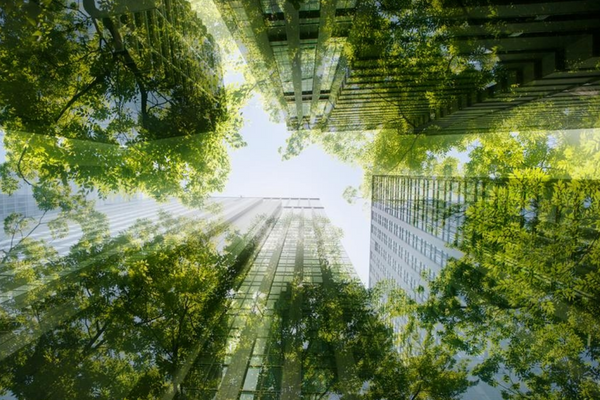The Department of Municipalities and Transport reports that Abu Dhabi is significantly progressing in putting into practice its various policies and initiatives to increase resilience and get the emirate ready to deal with the effects of climate change.
Abu Dhabi is making sure that climate change policy is not neglected because environmental sustainability is more important than ever in light of the pandemic and economic setbacks that have caused the world to go through a difficult time over the past couple of years. To protect its citizens from the effects of climate change, the emirate of Abu Dhabi is making sure the appropriate measures are taken.
According to the DMT, in line with this goal, environmental sustainability has been given top priority, and strict policies and procedures have been established to make sure the emirate is ready to deal with challenges brought on by climate change, such as extreme weather, droughts, wildfires, storms, floods, and sea level rise, which have an impact on biodiversity, food security, and water availability.
DMT is continuing to implement the “Plan Maritime: Abu Dhabi Coastal and Marine Framework Plan,” developed in coordination with a variety of government agency stakeholders, as part of its strategy to ensure the long-term viability of the coastal and marine areas, as part of its efforts to prepare Abu Dhabi for these challenges.
It has created strict guidelines for waterfront development around Abu Dhabi, including minimum sea protection requirements and requirements for usable space below ground level.
For all of the emirate’s waterways, as well as its coastal and maritime regions, the framework offers strategic planning direction and advice. The plan establishes a thorough, streamlined, and current regulatory framework to guarantee that investments and projects in Abu Dhabi’s marine and coastal regions are sustainable.
“The effects of climate change vary, and our resilience planning is customised to the demands of our emirate and the environmental elements influencing the region,” said Falah Al Ahbabi, Chairman of the Department of Municipalities and Transport.
To ensure that future generations can benefit from the overall long-term impact of all our efforts, we are putting into place many projects and policies across several sectors.
In addition, DMT unveiled Estidama, its sustainability initiative, the first of its kind developed specifically for the Middle East. Estidama aims to plan, design, build, and run sustainable developments that take into account both the region’s harsh climate and the traditions ingrained in its rich local culture. Estidama promotes water, energy, and waste minimization as well as the use of locally sourced materials as part of its Pearl Rating Systems to enhance supply chains for recycled and sustainable materials and goods.


